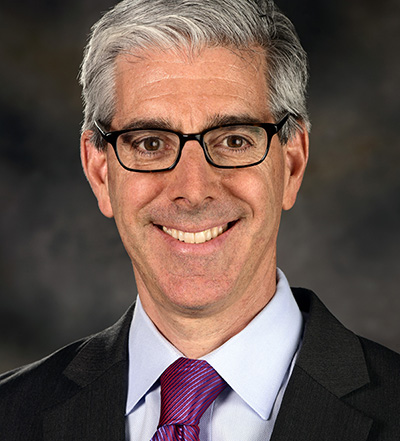Alliance Discussion with Dr. John Balbus: The Role of the Office of Climate Change and Health Equity

In an alliance discussion on August 29, John Balbus, MD, MPH, Interim Director of the Office of Climate Change and Health Equity, joined us to discuss the important work of this new office within HHS. Some of his insights:
On the vision of the Office of Climate Change and Health Equity:
“[Our vision is], by 2025, to have every health system and the community in the U.S. as prepared as possible for disruptive acute and chronic climate impacts, especially on those most vulnerable. [We also aim to] have facilities prepared for severe weather-related disasters, and have hospitals and health systems tracking [their] greenhouse gas emissions and being on path to net zero by 2050.”
On the impact of climate change on health:
“Just about any health condition you’re researching, whether it’s organ systems – like the heart, lung, or kidney systems – whether it’s mental health, whether it’s the interaction between society and health care delivery, there are many different topics that climate change is touching… The impacts are broad enough that virtually all aspects of health and health care are being impacted by the changes that we’re seeing in either seasonal climate or extreme weather and disasters.”
On the value of health benefits following reduction in air pollution:
“[A recent study found] that if you put an economic value on the lives saved and the reduction of health costs associated with that, it actually pays for the greenhouse gas reductions. [These benefits] are greater than the cost of achieving the Paris Agreement target. That’s a message that should be the first thing that the health sector says. It’s not that we just need to reduce climate change effects to keep the climate stable or protect glaciers or polar bears – the value of human life that it saves pays for the step in the first place.”
On interactions between the social determinants of health and climate change:
“We recognize that one of the reasons that people are more likely to be harmed by climate change – especially in some communities of color, low-income communities, and communities that have been experiencing systemic racism – is that all of the social determinants of health in those areas tend to be degraded. Housing quality, access to transportation, access to safe and healthy foods, access to safe and healthy places for recreation, quality education – all of these things are leading to health disparities in [these communities] and increased rates of chronic health conditions like asthma, diabetes, depression, and anxiety-related disorders. [These health conditions] then lead to people being more likely to have a bad outcome in a heat wave, flooding event, or a wildfire smoke event.”
On the “Climate and Health Outlook”:
“We have created a new information resource for public health departments, health care delivery systems, and for [the general public] called the Climate and Health Outlook… It is a seasonal forecast for health, so it takes the seasonal forecast from NOAA every month… and we overlay what that means for health. So, what [it means] in terms of where the heat is going to be bad, where drought is getting worse, where drought is getting better, where is the risk for wildfires, and the areas that might be affected by that. We’ve brought in the hurricane forecast and will soon be bringing in forecasts for vector-borne diseases like Lyme disease.”




